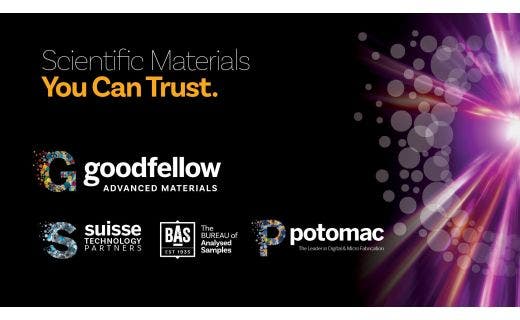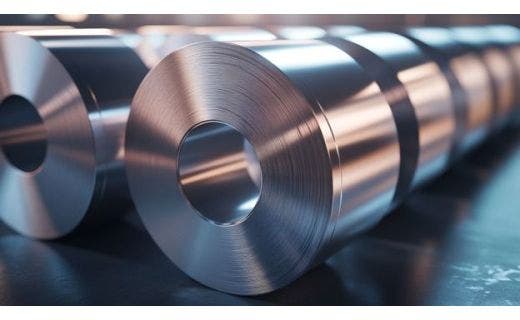Tackling the Evolution of Energy Solutions
In the search for cleaner, more efficient energy solutions the range of groundbreaking technologies available is growing.
Whether you are looking to create fuel cells that generate electricity through chemical reactions or build advanced hydrogen storage methods, having the right materials is crucial to being able to make functional devices with the desired level of performance.
We can support your range of advanced materials needs.




Providing You with Alternative Materials
There has been a push towards the incorporation of new materials into fuel cell manufacturing that are more abundant on earth. Hydrogen presents an attractive option for energy storage and conversion.
Fuel cells, which convert the chemical energy from a fuel into electricity through chemical reaction with oxygen, are increasingly seen as a viable alternative to traditional energy sources.
The challenge lies in the efficient storage and transportation of hydrogen. Research is focused on developing materials and technologies that can store hydrogen safely, including metal and complex hydrides as well as carbon-based materials including graphene and carbon nanotubes.
Our Product Range
At Goodfellow, we offer a comprehensive range of high-purity materials relevant for your applications, including:




Simplifying Complex Choices with Advanced Materials
The production of energy storage devices involves a multitude of materials and requires careful decision-making. Safety considerations are paramount, even with commonly used materials. Furthermore, it’s crucial to take into account the historical price fluctuations of many metals, which are in high demand.
When navigating the complex choices and considerations for material performance for battery manufacturing, it can be helpful to have a partner that is a materials expert.
Goodfellow can provide reliable and timely supplies of high-quality materials along with expert support in this area, having worked with experts across academia, manufacturing and research to support the work in these sectors with both the physical materials and the knowledge to successfully complete their goals.
Navigating You Through Key Considerations
For many renewable energy applications, having the right materials is crucial to being able to make functional devices with the desired level of performance. For fuel cells, hydrogen storage and battery manufacturing, there are a number of material performance challenges that need to be overcome, including issues around chemical corrosion, pressure and longevity.
Beyond direct approaches to electrical energy generation such as wind turbines and tidal power, the production and storage of hydrogen in fuel cells present another potential eco-friendly solution to energy production and storage.
However, finding suitable materials for hydrogen storage is a challenge due to the low energy density of hydrogen gas compared to other hydrocarbon mixtures. This means that it needs to be stored at much higher pressures, posing a safety and material storage challenge, especially for hydrogen-powered vehicles where the risk of collision is non-negligible.
An additional challenge specific to hydrogen fuel cells is the catalyst degradation over time. The catalysts, often made of precious metals like platinum, are crucial for the operation of the fuel cells. However, they tend to degrade over time, reducing the efficiency and lifespan of the fuel cells. This makes the development of more durable and cost-effective catalysts a key area of research in the field of hydrogen fuel cells.




Expert Advice on Advanced Materials
In the selection of materials for fuel cells and hydrogen storage, key considerations include chemical resistance and stability. Often, composite and complex materials, such as palladium or certain alloys, can be an optimal choice to meet the desired properties.
For applications like fuel cell manufacturing and various other energy applications, the use of high-performance materials is a necessity. Manufacturing fuel cells and other areas like solar cell production often require unique combinations of materials at very high qualities.
For example, hydrogen and oxygen are two of the most common material combinations for fuel cell manufacture, especially for high-power stationary devices.
What's New







